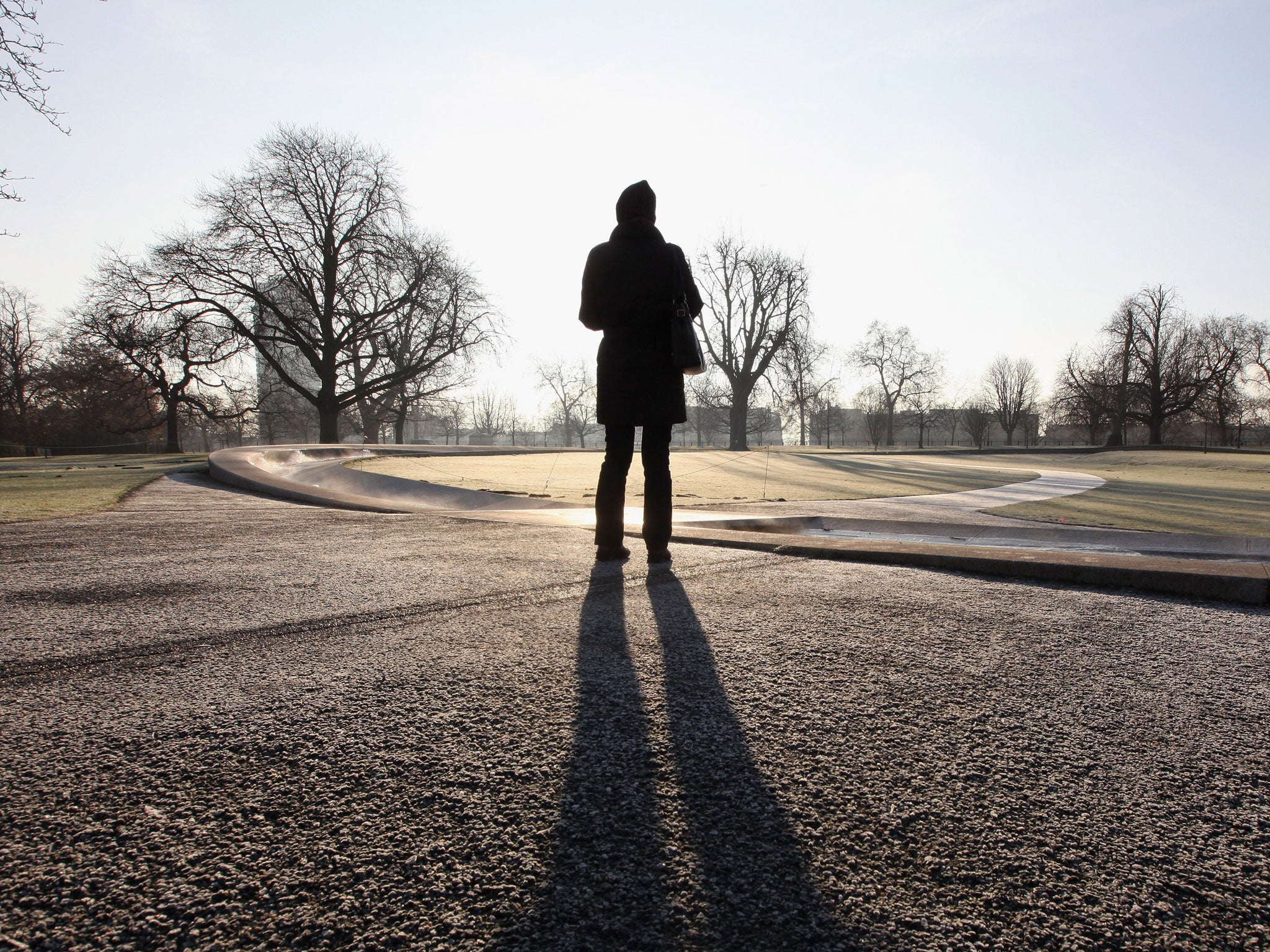'Introvert' isn't a dirty word, or a character flaw to be overcome
I can't make small talk and I hate nightclubs, but I am no less happy than you

A study released last week looked at the effects pets have on wellbeing. It measured people’s personality under traits including “agreeableness verses antagonism”, “conscientiousness versus lack of direction”, “neuroticism versus emotional stability”, and “extroversion verses introversion”.
As an introvert, I believe it is terribly damaging for this word to be used as a pejorative term. Because it’s not a man’s world – it’s an extrovert’s world, and we're struggling to be heard.
Life as an introvert is rife with struggle: open-plan offices, teamwork, relentless after-work drink invitations, and the expectation that if you’re under the age of retirement you should spend your weekends in nightclubs. Simply, society is designed in favour of extroverts. The way our culture values extroverted qualities – competition, small talk, speaking up, taking action, relentless socialising – forces me to sometimes go along with extrovert behaviour and inevitably pay for it afterwards by needing a long nap. If you take the proportion of the population that is extroverted and include those who are pretending to be, it’s no surprise introverts feel outnumbered and alienated.
Then there’s the guilt to contest with – worrying that declining plans will make you look bad. You want to explain that it’s not personal, but extroverts often won’t believe you, because they don’t live in your world and have never needed to understand it.
The study also used introversion as a measure to test wellbeing – but in fact the two are in no way interlinked. Introverts follow their natural instincts and seek out alone time to sustain their wellbeing – a solitary walk makes an introvert just as happy as an extrovert at a three-day party.
Using a word incorrectly spreads misunderstanding. Anyone who ever says they’re “a little bit OCD about cleanliness” is doing exactly the same thing. People already use the word “introvert” to describe shyness, social anxiety and rudeness. But it’s none of these things.
In fact, introversion is something we should be proud of. We might as well be, because we can’t change it. It isn’t a variable which can be altered by getting a pet. Perpetuating the idea that introversion is a negative characteristic that should be changed harms closet introverts. Those who resist their introverted tendencies are going to feel much more inclined to stay that way if its reputation continues to be misunderstood.
I’ve come to terms with the fact I will always crave time alone, and that I will usually have to keep this to myself. But it still feels wrong to need time away from those you love. You feel as if you should enjoy small talk, that you shouldn’t think things through so much, or cringe when people share stories with the whole office. You shouldn’t feel secretly happy when plans with three people become two, or when someone texts you instead of ringing.
I try to remember that extroverts make up the norms of society, because it’s their nature to do so. And it’s in our introverted nature to over-analyse and worry we’re offending others.
It’s common for anyone who isn’t extroverted to worry there’s something wrong with them, and this study doesn’t help. We shouldn't discourage introverts from being themselves – because the world would be a much better place if we were all out of the closet.

Join our commenting forum
Join thought-provoking conversations, follow other Independent readers and see their replies